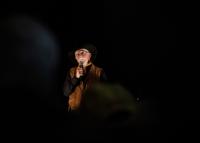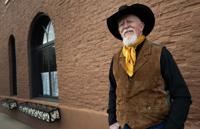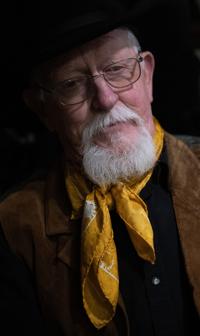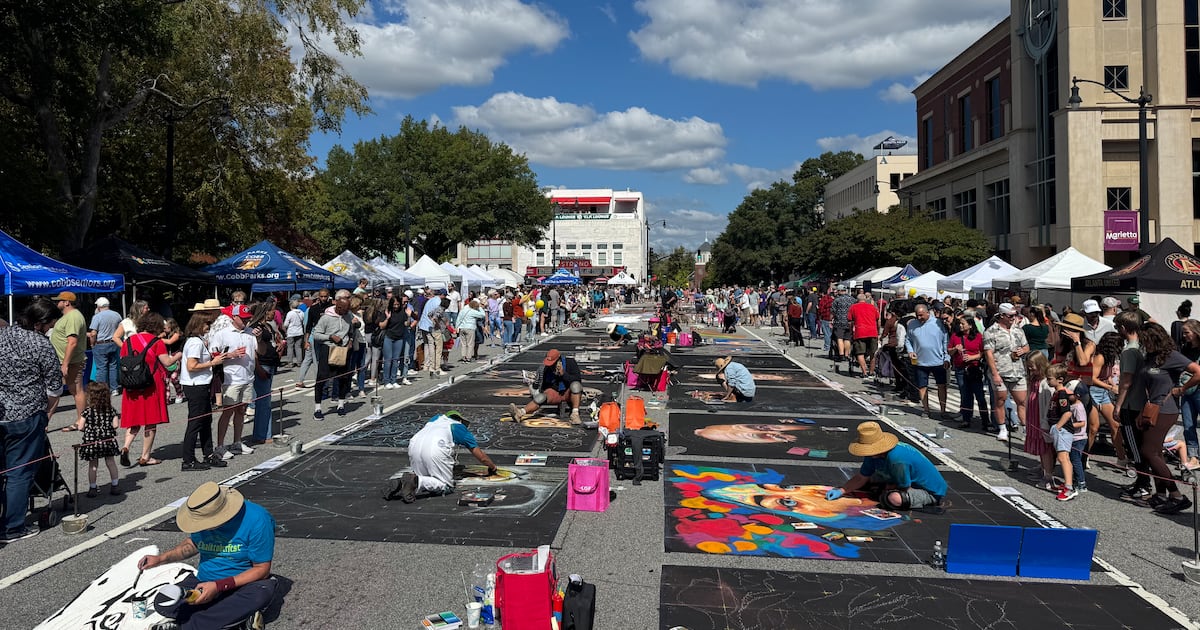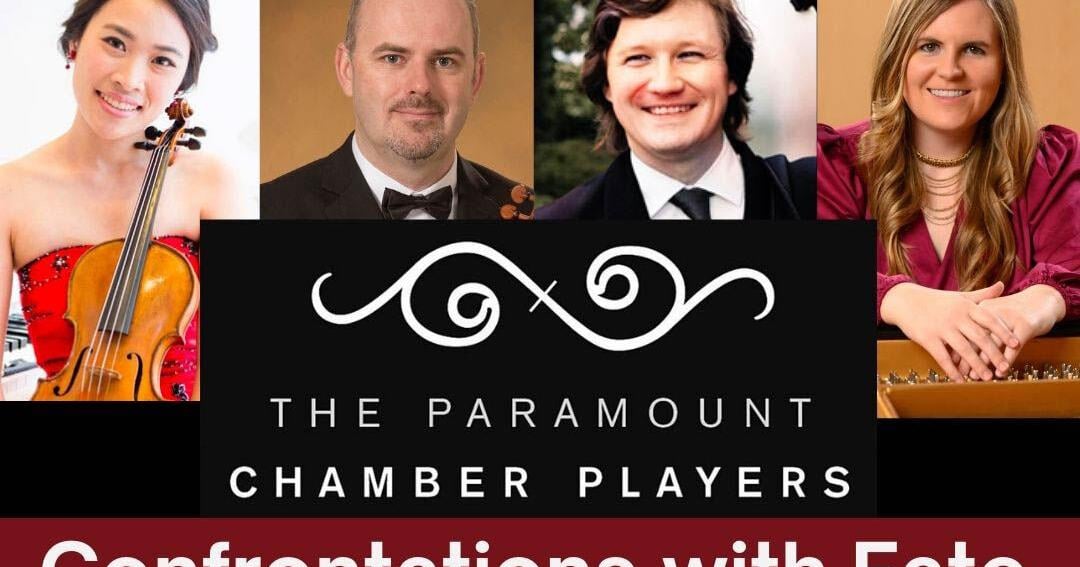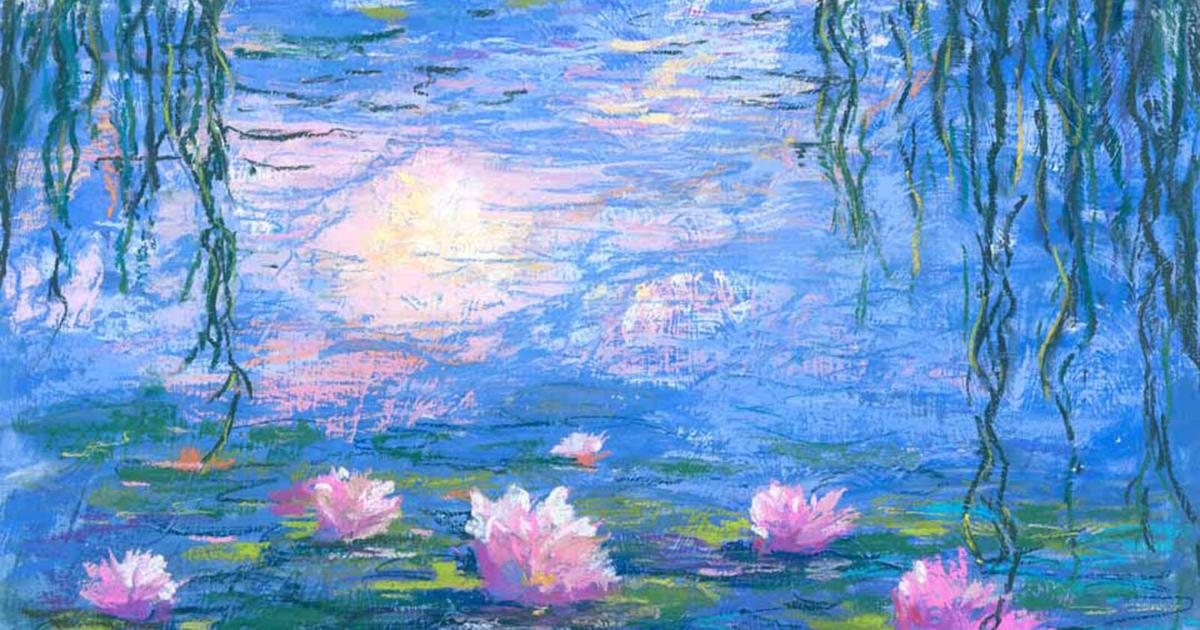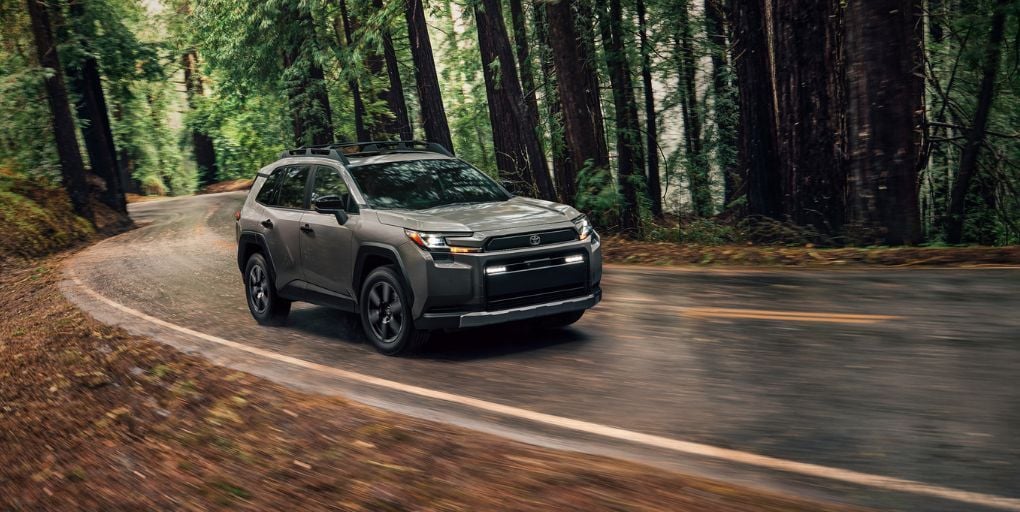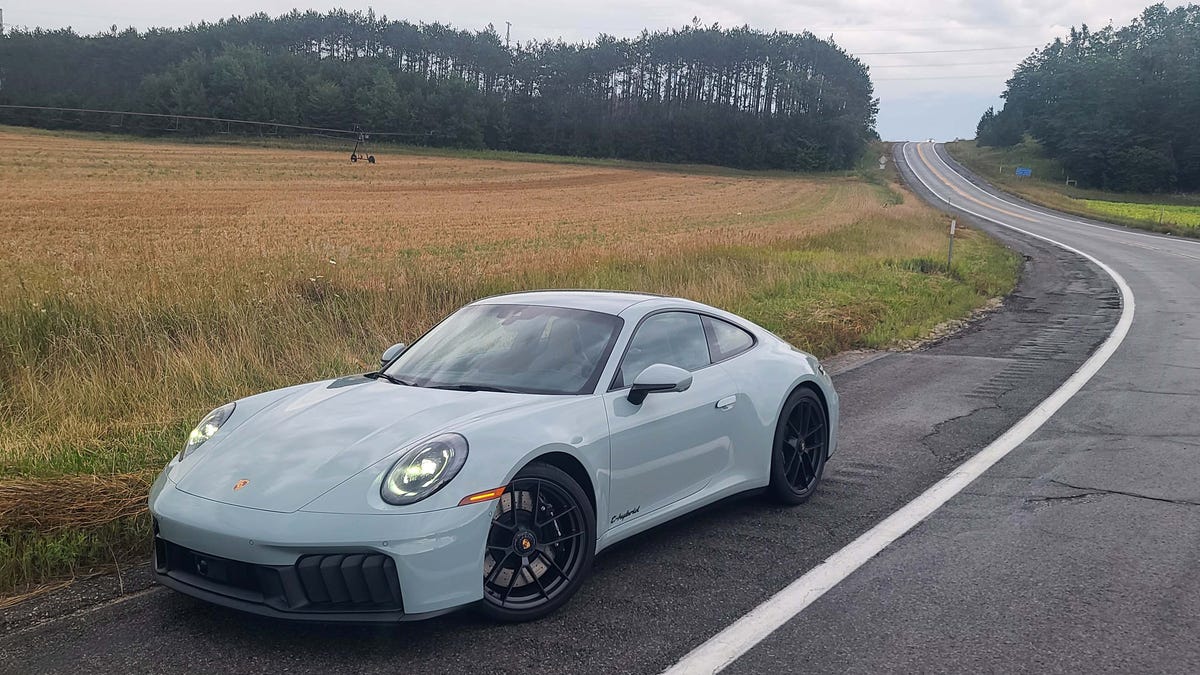‘A true American cultural art form’: Cowboy poet reflects on life in the West | Arts & Entertainment
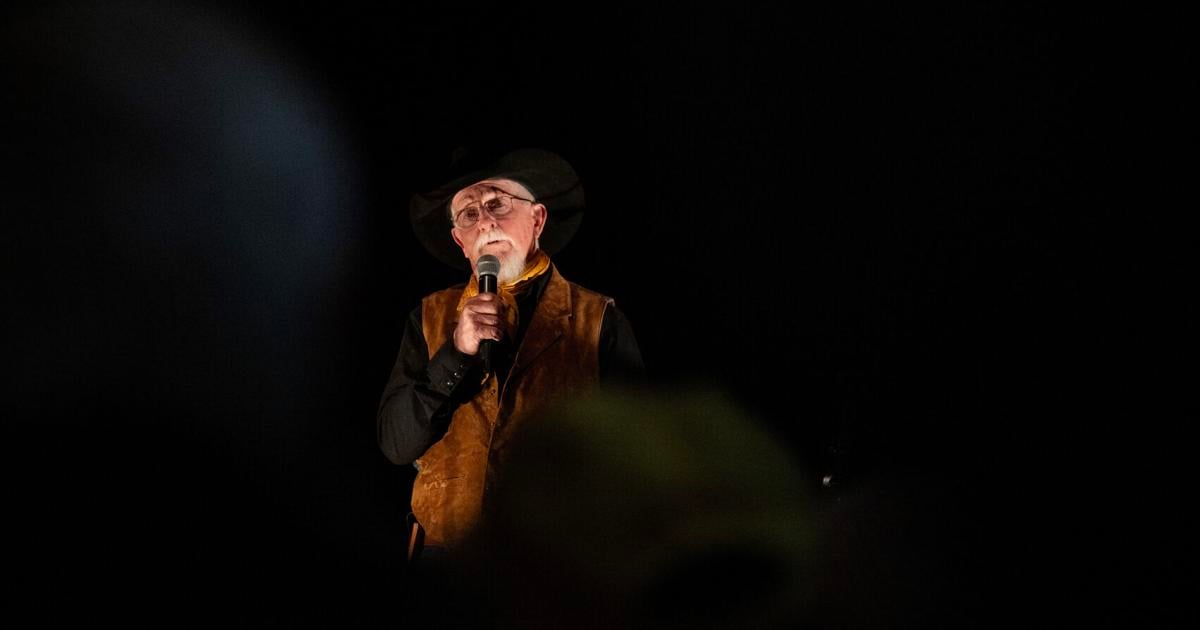
GOLDEN • Terry Nash approaches the stage, a yellow bandana fastened around his neck, cowboy hat secured on his head and microphone in hand.
On his hip, a leather phone case stamped with his family’s brand, established by his grandfather more than a century ago. Less than a yard away, that same symbol is burned into a block of wood framing the stage.

Poet Terry Nash reads his work during the 34th anniversary of the Colorado Cowboy Poetry Gathering Friday, Jan. 17, 2025, at the Buffalo Rose Event Center in Golden, Colo. (The Gazette, Christian Murdock)
The stage lights illuminate his white beard as he recites poetry about life on the ranch. He draws laughs from the crowd with his poem “Not the Best of Days,” filled with a series of comical misgivings, like stepping in a fire ant pile and a horse deserting. But audience members soon grow quiet as he speaks somber verses about the impact of drought from his poem “Promise.”
Nash, 73, presented a selection of his work at the 34th annual Colorado Cowboy Poet Gathering in Golden, held in mid-January. At this event, artists from around the West showcase their creativity — from singing and yodeling to poetry and songwriting. For Nash, it’s a chance to meet with old friends and share his art, which draws from his experiences at his small cattle ranch in Loma, a rural town northwest of Grand Junction.

Poet Terry Nash poses for a portrait in downtown Golden, Colo., before the 34th anniversary of the Colorado Cowboy Poetry Gathering Friday, Jan. 17, 2025, at the Buffalo Rose Event Center in Golden, Colo. (The Gazette, Christian Murdock)
“It’s like a family reunion. But it’s a family reunion where everybody likes each other,” Nash joked.
An acclaimed cowboy poet, Nash was named the International Western Music Association’s Male Poet of 2018. The association also honored Nash with a Special Achievement Award in 2021 and named his album, “A Good Ride,” the International Western Music Association Cowboy Poetry CD of 2018.
But before he was a poet, he was a rancher — and still is. He grew up on a ranch in the High Plains, and as a third-generation Colorado cowboy, it’s in his blood.
It wasn’t until he was about 30 that he learned he could write about ranch life. Working as a truck driver, Nash had to stay the night in Fort Collins for a delivery. He pulled into the local Holiday Inn and went into the motel bar for a beer.
“Back in the corner sits this cowboy with his guitar, singing cowboy stuff, and he’s singing the songs that my dad was singing when I grew up and struck a chord with me,” Nash said.
After putting a couple of bucks in the singer’s boot, Nash sat and listened.

Poet Terry Nash waits in the green room before reading his poetry during the first session of the 34th anniversary of the Colorado Cowboy Poetry Gathering Friday, Jan. 17, 2025, at the Buffalo Rose Event Center in Golden, Colo. (The Gazette, Christian Murdock)
“He was singing stuff that he’d written, and that was even more of an inspiration to me because I realized you could write about this cow business, about the ranching and about horses and everything about it,and so, I came away from there enthused, and I think that did more than anything to get me going, poetically,” Nash said.
Decades later, that man on the guitar — Gary McMahan — is a mentor and close friend to Nash. McMahan also became a notable name in cowboy poetry and Western music as a singer-songwriter.
“When you get someone like Terry, he, like a lot of good cowboys, knows how things work,” said McMahan, from Greeley. “They know how to start the baler, they know how to start the truck when it’s 40 below and the wind’s blowing. And they know how to get the cattle fed.”
That experience, that authenticity, is key to cowboy poetry.
“There’s always a story that can come up from working with cattle and working with horses,” Nash said. “It’s something you really can’t fake. … You’ve seen people that wouldn’t know which end of a cow got up first that got up there and said, ‘Yeah, I’m a cowboy poet,’ and then absolutely betray themselves by not knowing what the heck they’re talking about.”
Take his poem “A Cowman’s Lot,” for example. With rhymes and verses, Nash recounts the birthing of a calf on a cold winter’s night and captures the patience and anticipation he’s lived so many times before.
“I’m so proud of that poem, that speaks more to the life than anything I’ve done since or before,” he said.
His poetry also speaks on the struggles faced by farmers in the West, like the drought. In his poem “Promise,” Nash reflects on the impact of the drought and the promise brought by rain clouds once again.
“It came from the pain of the drought, the suffering,” he said. “When I wanted to recite it out loud to make sure it sounded right, I realized I was listening to my dad’s voice. I was hearing my dad in my voice, and that really, boy, that was an awesome thing to realize.”
Just like the lifestyle, cowboy poetry is filled with highs and lows, with poets able to shift the mood almost instantaneously.
But there’s more to poetry than just telling stories. Nash credits friend and fellow cowboy Dale Page for teaching him about rhyme and meter, essential to crafting a poem. Page, from Indiana, was an English major.
“The best way to memorize a story is to put it to rhyme and meter,” said Susie Knight, a friend of Nash and cowgirl poet.
Shared experiences make for true connection at the Colorado Cowboy Poetry Gathering, which brings together cowboys and girls from around the country. It’s like stepping back in time to the campfires of the Old West, where cowboys swapped tall tales, poems and songs after a day on the saddle, said Jerry Cunningham, an organizer and board member for the Colorado Cowboy Poetry Gathering.
“They would find themselves around the campfire at the end of their day, and all of the things that they did around the campfire, they do at the cowboy gathering,” Cunningham said. “The intention of the cowboy gathering is to preserve the Western way of life and Western entertainment and music.”
Preserving the culture is the goal for many of the entertainers at the event, including Nash.
“It’s a serious issue to me because I look out at my audiences — Susie can attest to this — a lot of them are my generation and older,” Nash said. “I would look out there sometimes and think, what’s this going to be like in 15 years?”
“It’s really a true American cultural art form,” Knight added.
Nash points to Knight as a popular mentor to young talent. As part of the gathering, the performers visit with local schools to give presentations.
“You don’t know what student is out there that hears this cowboy up there, maybe they’re inspired, maybe they’ve touched a nerve,” Nash said. “It’s a passion of mine to keep this Western heritage alive, to do what I can to help people remember what Western heritage is all about.”
And while mentorship is important to get younger people involved, the learning never really stops, Nash said.
“I will always say the reason I won that Male Poet of the Year Award is because (Susie) coached me about just presenting one poem at this amazing convention,” Nash said.
There’s something about sharing and connecting with an audience who have had similar experiences. Nash even started hosting his event in west Colorado, the Western Slope Cowboy Gathering, which happens in November.
“These audiences, we’ve all got some kind of past connection with agriculture somewhere. Maybe your granddad had a farm or maybe you were raised on a ranch,” Nash said. “But if I can get up there and bring back those memories, if I see people out there nodding and smiling, I know I’m doing my job. That’s what I figure I’m here for, to touch people.”
It’s important to have a partner that supports you, Nash said, especially when there’s a ranch back home. His wife, Kathy, who is an avid quilter, takes care of the chores when Nash is away at these cowboy gatherings.
“It really helps to have a wonderful wife,” Nash said. “She’s prepared, and she’ll pick up where I left off, and she’ll feed the cattle and watch for the baby calves and take care of the horses and dogs.”
So, as the first day of the gathering in Golden comes to a close, about a dozen cowboys and girls including Nash come together center stage with their Western hats and boots, guitars and fiddles.
The artists start to sing, soon joined by voices in the crowd.
“Oh, give me a home where the buffalo roam,
Where the deer and the antelope play,
Where seldom is heard a discouraging word
And the skies are not cloudy all day.
Home, home on the range.”
link

